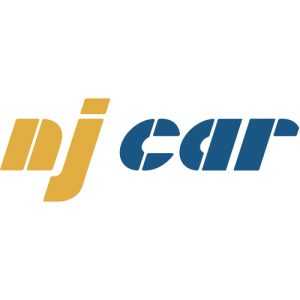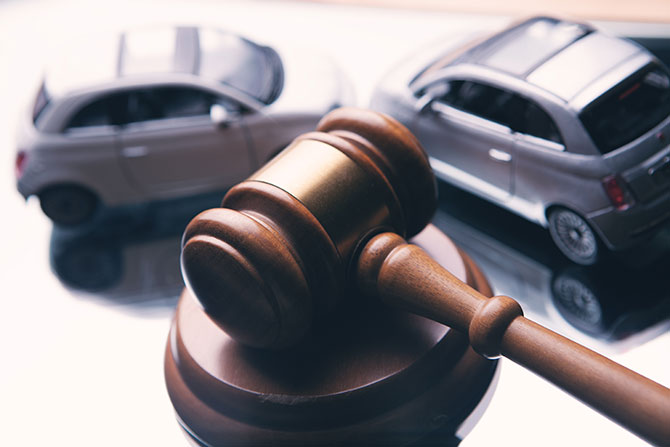NJ CAR is preparing legislation that would address several outstanding issues impacting dealers.
New Jersey already has one of the nation’s strongest Franchise Practices laws. That doesn’t mean there aren’t improvements that can be made to ensure New Jersey’s franchised new car and truck dealerships are protected from any potential manufacturer overreach.
The New Jersey Franchise Practices Act was first passed in 1971 and has been amended several times over the past 52 years. NJ CAR is preparing legislation that would address several outstanding issues impacting dealers. The legislation would be aimed at protecting dealerships AND consumers by ensuring dealers are able to continue providing price competition for sale and service, as well as ready access to warranty and recall repair services to promote highway safety.
The proposal grew out of a year-long discussion with the Executive Committee and the NJ CAR Franchise Practices Act Committee, which identified a number of franchise and recall-related issues that required attention. NJ CAR began discussing the issue recently with Legislative Leaders and potential bill sponsors, who have expressed support for legislation would boost recall completion rates in New Jersey, improve highway safety, and foster competition in the new car and used car marketplace.
The amendments NJ CAR has prepared will address a variety of issues important to dealers and consumers:
- Prohibits the sale of unsafe used vehicles under a “stop sale” or “do not drive” recall.
- Requires all used car dealers to check the National Highway Traffic Safety Administration (NHTSA) website (safercar.gov) for open recalls on a vehicle before it is sold.
- Codifies the existing requirement for dealers to disclose whether a vehicle is subject to any open recall at the time of sale.
- Provides a “safe harbor” defense to any consumer fraud claim, as long as the dealer checked the NHTSA website (safercar.gov) and found no recall on the vehicle before it was sold. The amendment also makes clear the dealer is not liable for any errors or omissions on the safercar.gov website and has no obligation to continue checking the website after the sale.
- Requires automakers to provide the New Jersey Motor Vehicle Commission (NJMVC) with a list of all New Jersey-registered vehicles under recall for six (6) months or more (that have yet to be repaired) and, in cooperation with the NJMVC, to send notice to those registered vehicle owners with unresolved recalls.
- Requires automakers to compensate their franchisees for specified costs associated with a “stop sale” or “do not drive” order.
- Defines the dealers’ recall costs more clearly and requires automakers to compensate dealers 1.75% per month of the book value of any used vehicle subject to a stop-sale recall.
- Clarifies provisions in existing law, which require an automaker to pay dealers a fair retail rate of reimbursement on parts and labor to repair vehicles under recall.
- Protects auto retailers from being subject to financial or other penalties levied by an automaker in the event they bring a claim for reimbursement of recall costs.
- Prohibits manufacturers from recovering their cost of compliance with state law and requires retail reimbursement to the dealer for parts and services provided for warranty and safety recalls.
- Prohibits manufacturers from arbitrarily and unilaterally reducing the retail price of parts required for warranty and safety recall services immediately preceding or during a recall campaign to avoid paying dealers fair compensation for warranty and safety recall work.
The amendments also address an issue that is at the heart of the complicated franchisor/franchisee relationship. Franchisees are often reluctant to challenge their franchisors, even when the franchisor violates the provisions of the Franchised Practices Act (and the dealerships’ rights), because litigation is too expensive or they fear retaliation.
In these situations, dealers often turn to their advocates, like NJ CAR, to file legal challenges that individual dealers cannot file on their own. Unfortunately, two recent lawsuits brought by NJ CAR, on behalf of its Lincoln and Mazda dealers, were dismissed after a trial court found the statute doesn’t explicitly grant standing to sue for relief under the law to anyone other than an actual franchisee. The proposed amendment to the Franchise Practices Act would specifically grant standing to sue for a trade association that meets the U.S. Supreme Court criteria for associational standing.









